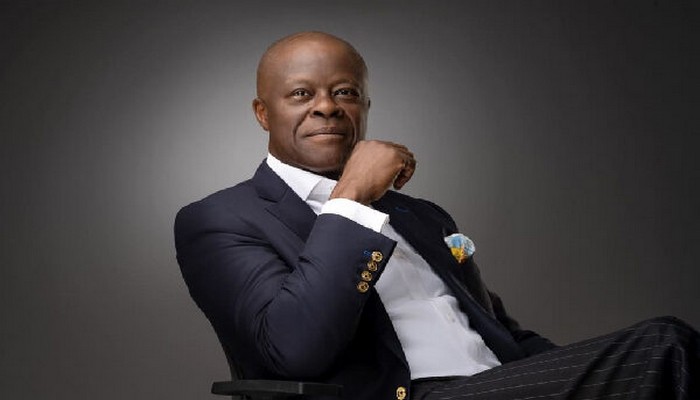Minister of Finance projects $13.3bn annual earnings for Nigeria through national asset register

The Minister of Finance and Coordinating Minister of the Economy, Mr Wale Edun, has unveiled the potential for Nigeria to amass over $13.3 billion in annual revenue by establishing a national asset register.
Edun made this known during the Afrinvest 2023 Nigerian Banking Sector Report launch in Lagos.
During the event, Edun outlined the substantial financial prospects tied to creating a comprehensive national asset register for the country.
The Minister emphasised that Nigeria’s Gross Domestic Product (GDP), standing at $450 billion, could translate into an additional revenue stream of $13.3 billion annually through the proposed asset register.
Highlighting the tangible benefits of the initiative, Edun underscored the significance of effectively managing the nation’s resources and assets.
He urged collaborative efforts between the government and stakeholders to craft proposals to optimise these assets, fostering increased revenue generation.
The minister particularly drew attention to underutilised real estate holdings within and beyond Nigeria’s borders, which currently fail to contribute to national revenue.
Additionally, he pointed out longstanding underperformance in the oil and gas sector, where certain license holders need to invest in asset development despite expressions of interest from potential investors.
Edun stressed the urgent need to reassess and strategise on maximising the potential of these assets to unlock substantial value for the nation. He emphasised the cost-effectiveness of such asset optimisation compared to relying extensively on external financial borrowings.
His words: “So the message I leave with you today is, yes, we may have headwinds, we may have challenges, but I believe that if we manage our resources, our assets better by joining hands with the government to come up with proposals, we will get out of it.
“We have significant real estate assets both at home and abroad that are not yielding any revenues for us. That has to change. We have oil and gas assets that have been performing sub-optimal for decades, and licences were given to people 10 to 15 years ago, but they have not invested a single dime in developing those assets.
“Whereas you have other investors that are looking to invest in those assets. We need to go back and determine how best to optimise those assets to deliver value for us. It will be cheaper for us to do that than relying on external borrowings.”






